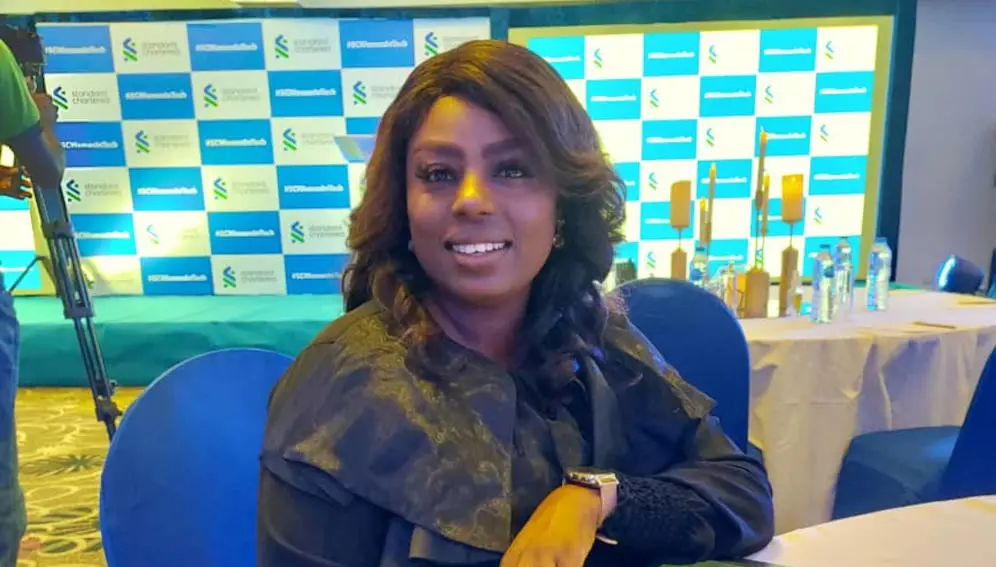From smart glasses to haptic gloves, wearable’ technology has gone leaps and bounds in recent years.
Now, researchers in Nigeria have developed a smart bra, which they say, can detect breast cancer early.
According to a report published, on Wednesday, March 23, 2022, by Daily Mail UK Online, the prototype contains small ultrasound sensors that scan the breasts and reveals the location of any tumour.
The team hopes the device could improve breast cancer diagnosis in Sub-Saharan Africa, where women currently undergo long screening.
Breast cancer is the most common disease in the region, with 129,000 new cases diagnosed in 2020, according to the World Health Organisation, WHO.
The body explained: “In this region, estimates for five-year survival are near or below 50 per cent.
“One in two women diagnosed with the disease has died within five years after diagnosis, compared to fractions in the United States of America of one in five for black women and one in 10 for white women.”
Nextwear Technology, a wearable firm based in Abuja, developed the smart bra.
Speaking to SciDev.Net, Kemisola Bolarinwa, a robotics engineer, who developed the smart bra, stated: “My beloved mother died of breast cancer in 2017 at the University College Hospital in Ibadan, Nigeria because it was diagnosed late.
“In her ward, I saw women of different age groups, even teenagers, groaning under the pain of breast cancer. That was when I felt I needed to contribute my part to fight the disease.”
The bra is lined with small, battery-operated ultrasound sensors and syncs up with a mobile or web app.
“The result will show if the tumour is benign (harmless) or malignant (harmful), Bolarinwa clarified.
She added: “The smart bra must be worn on the breasts for a maximum of 30 minutes for the result to show. The app also has an interface for the result to be transmitted to a doctor.
“If they could detect early that they have cancer, then they will be safe, and many don’t have to die.”
Source: The Guardian







